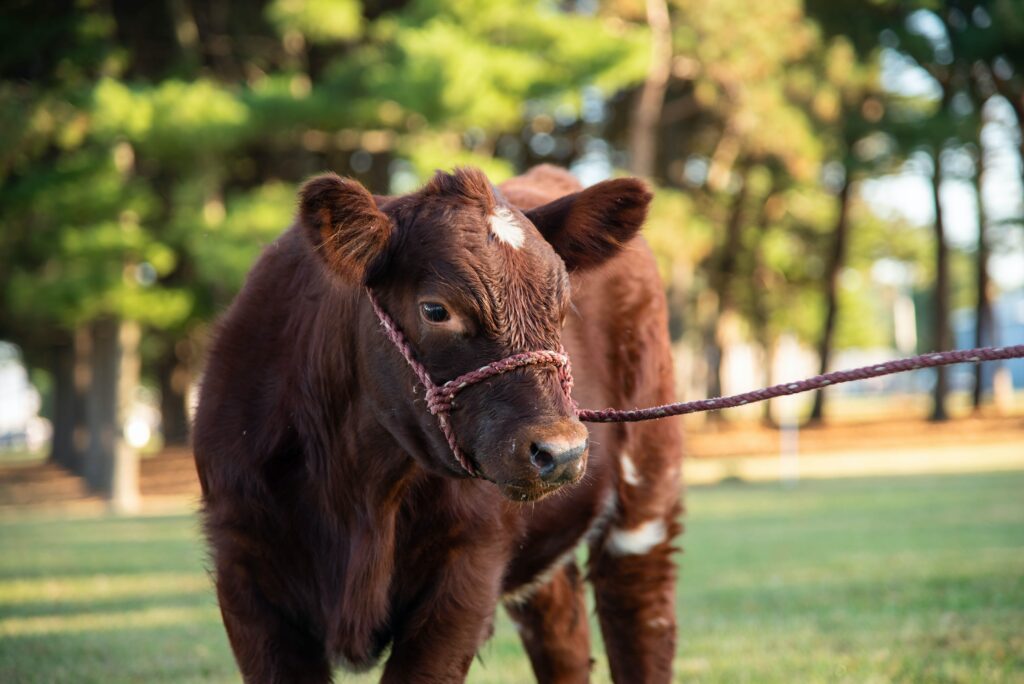In the intricate web of agriculture, environmental management, animal welfare, and food security, one crucial element stands out—understanding animal production cycles.
Understanding animal production cycles in detail is not just a matter of academic curiosity as it holds the key to optimizing productivity, ensuring animal welfare, and addressing global challenges like climate change and food security.
Optimizing Productivity and Efficiency
At the heart of effective animal husbandry lies the ability to optimize productivity and efficiency. Farmers and producers armed with knowledge about production cycles can tailor their practices to meet the specific needs of animals at different life stages.
This understanding translates into enhanced growth rates, improved reproductive success, and an overall increase in the yield of valuable animal products, be it meat, milk, or eggs.
Animal Health and Welfare Planning
A deeper comprehension of production cycles is fundamental for ensuring the health and welfare of animals.
It goes beyond the rudimentary understanding of their biological processes and paves the way for timely veterinary care, appropriate nutrition, and suitable living conditions.
The ethical treatment of animals isn’t just a moral imperative; it directly influences the quality of the products they yield.
Economic Sustainability
In the relentless pursuit of economic viability, efficient management of production cycles becomes the linchpin for success.
This approach aids in cost reduction, output maximization, and overall improvement in the profitability of animal production operations.
In an era where margins can be razor-thin due to market competitiveness, understanding and optimizing production cycles become imperative.
Environmental Impact Management
The environmental implications of animal production are undeniable—greenhouse gas emissions, land use, and waste management are key concerns. A sound understanding of production cycles empowers producers to mitigate these impacts.
This involves optimizing feed efficiency, responsibly managing waste, and adopting practices that reduce the overall environmental footprint of animal production.
Quality Control and Food Safety
Maintaining high standards of food safety and quality is a multifaceted challenge. Understanding the intricacies of the production cycle is a cornerstone in managing health risks to animals that could potentially affect human health.
This includes addressing the spread of zoonotic diseases and ensuring that animal products consistently meet regulatory standards for food safety.

Informed Breeding Practices
The key to a thriving livestock population lies in informed breeding practices. Knowledge of production cycles enables the selection of traits that enhance productivity, disease resistance, and adaptability to changing environmental conditions.
This strategic approach to breeding contributes to the overall resilience and robustness of livestock populations.
Adaptation to Climate Change
In an era of rapid climate change, the adaptability of agricultural practices is paramount. Understanding animal production cycles becomes a compass guiding producers in adapting and modifying practices to ensure animal health and productivity in the face of changing environmental conditions.
Consumer Awareness and Preferences
Consumer preferences are evolving, with an increasing focus on transparency in food production. Understanding and transparently managing animal production cycles can be a decisive factor in meeting consumer demands related to animal welfare, environmental sustainability, and ethical practices.
Research and Development
In the dynamic field of agricultural science, understanding production cycles is not merely an academic pursuit but a fundamental necessity.
It serves as the bedrock for research and development, fostering innovations in animal nutrition, genetics, health management, and sustainable farming practices.
Global Food Security
Perhaps most crucially, effective management of animal production cycles directly contributes to global food security.
By ensuring a steady and sustainable supply of animal protein, a key component of the world’s diet, this knowledge plays a pivotal role in addressing the nutritional needs of a growing global population.
In conclusion, the understanding of animal production cycles has wide applications across diverse domains in animal keeping. It is not merely a theoretical construct but a practical guide for farmers, researchers, and policymakers alike.
In understanding these cycles, we unlock the doors to healthier animals, efficient production, sustainable environmental practices, and ultimately, a more secure global food future.

I keep chickens and this is the most useful information i have found
Keep it locked for more information on getting the best out of chicken production cycles.